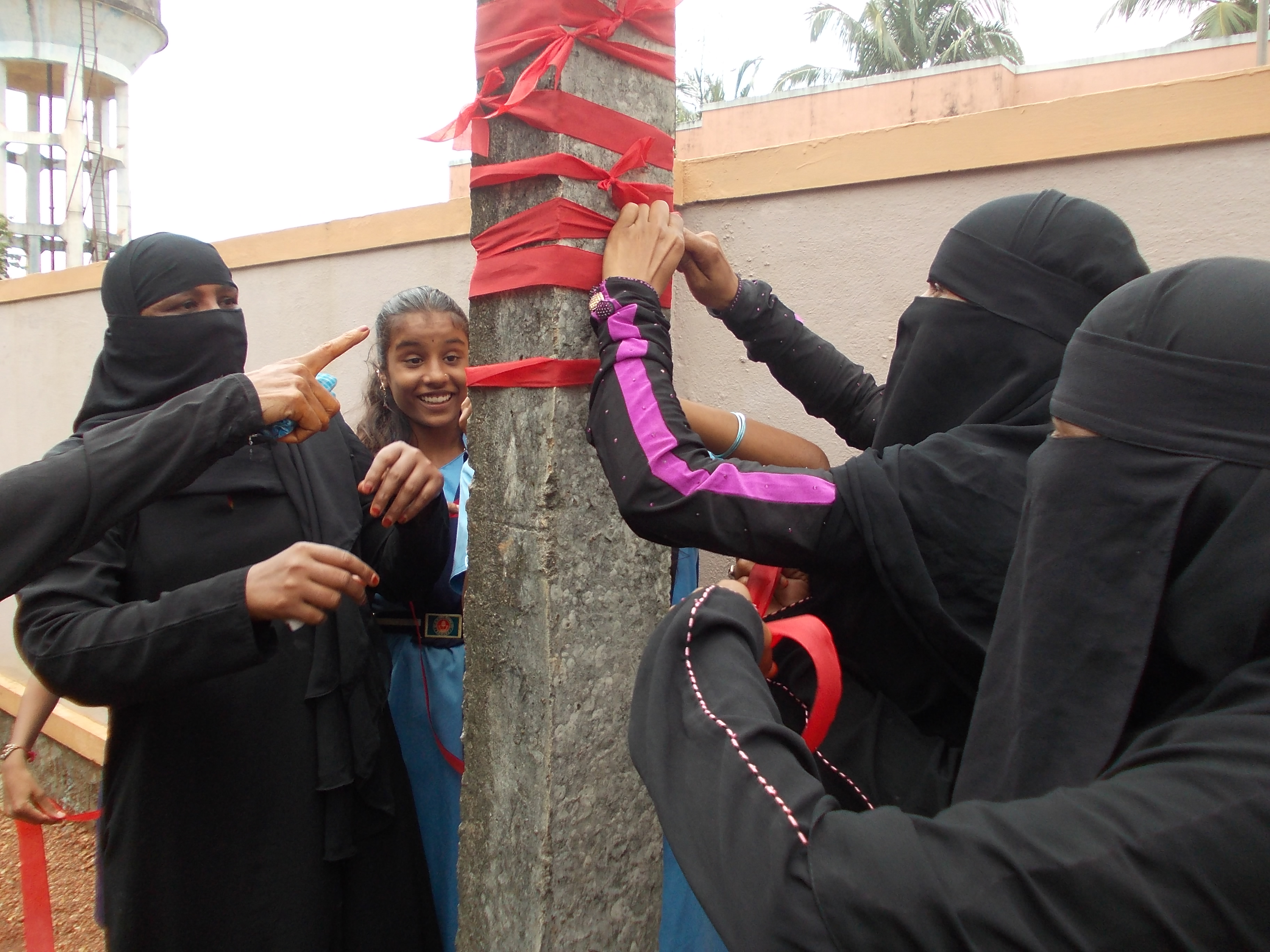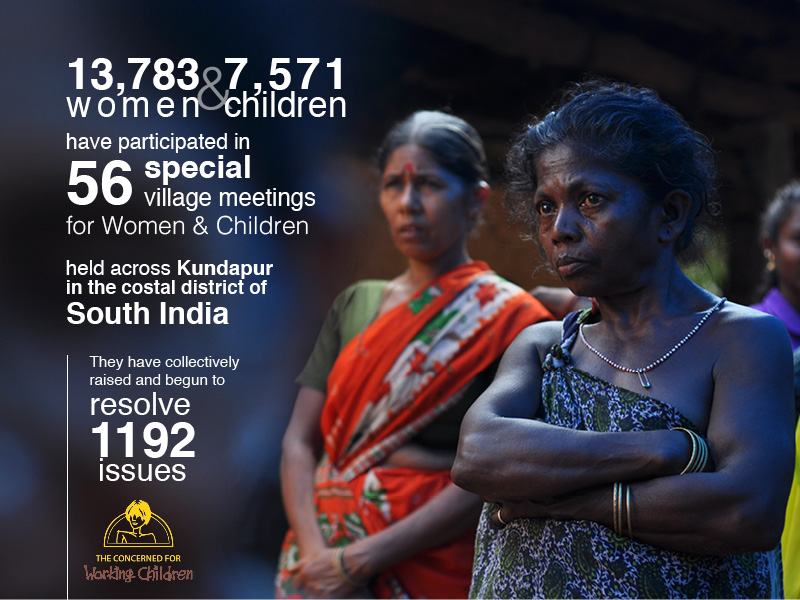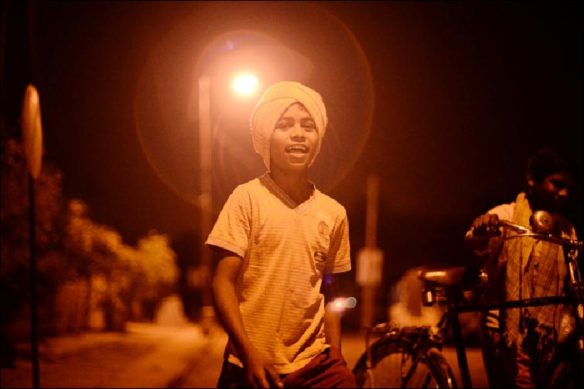Creating governance spaces for marginalised voices: Piloting the Special Women’s Gram Sabhas in Udupi .
The Concerned for Working Children (CWC), has been steadily working towards creating and supporting governance mechanisms which bring the voices of the marginalised within the system.
The gram sabha, is unique in being the one space where direct democracy is practiced i.e. citizens can interact with and question their elected representatives directly. Yet any such space is defined by the social norms and practices of that region leading to imbalances in participation from different sets of people. Hence, special considerations need to be made to ensure that marginalised voices are also heard. CWC began by advocating for Makkala Gram Sabhas (Children’s Village Meet) within the Panchayati Raj system, which were special sabhas just for children as the unique issues and experiences of children did not find mention in the discussions and debates held within the adult gram sabha.
We steadily established the concept of a Makkala Gram Sabha through our field work in rural Udupi and succeeded in converting it into a Circular for the state of Karnataka annually. As we did this, it became evident that women too faced similar marginalisation within the larger gram sabhas. When the Government Circular for Special Women’s Gram Sabhas was released in June 2014, CWC decided to support a pilot of the process. The idea behind undertaking the pilot was that it would showcase the process involved in ensuring that sabhas become an important and powerful space for women to voice and resolve their concerns.
These Women’s Gram Sabhas were held across 56 Panchayats in Kundapur taluk starting from 18 August, 2014. Children also participated enthusiastically in the gram sabhas. In light of the recent sexual assaults on women and children, the collective need felt – by the Gram Panchayats, Taluk Panchayats, Police Departments and the women and children – was to have this pilot process focus on the need to create systems that ensure safety and protection of women. By our last tabulation, a total of 13,738 women and 7,571 children had participated in 56 Gram Sabhas. They have collectively raised and begun to resolve 1192 issues.
The women had attended preparatory workshops with CWC in order to participate effectively in these Special Gram Sabhas. They prepared a list of their problems alongside the departments responsible for the implementation of the solutions to each of these problems. The women carried out processions calling out slogans to create awareness in the community regarding the safety and protection of women. At the end of the procession, they reach the Gram Sabhas and tie a number of ribbons to a tree in front of the Panchayat, symbolising the number of issues raised by the women. These will be replaced with white ribbons as the issues are resolved.
The women have largely raised demands for a separate women’s helpline (which will be the responsibility of the police department) and a suggestion box (which will be the responsibility of the Panchayat to manage) for the women to share the complaints and concerns regarding safety and protection issues in their villages. They have also demanded the selection of a Mahila Mitra (Woman’s Friend) who will support women through various ways such as provisioning information, linking them to people/institutions as required etc. Each of these Gram Sabhas have been concluded with the constitution of an Implementation Committee (which has members from the Village and Taluk Panchayat, Anganwadi, ASHA workers, women from SHG groups and representatives of women and children) which will oversee the implementation of the decisions taken at the Gram sabha and a Watchdog Committee to keep a check on the safety and protection aspects in the village (which will have representatives from the police department and representatives from women and children from each of the villages).
This is the first time such a large scale pilot of Women’s Gram Sabha has taken place in the state of Karnataka. CWC hopes that this will invigorate other taluks to undertake similar processes at the earliest and support the qualitative mainstreaming of women’s voices in the governance arena.




